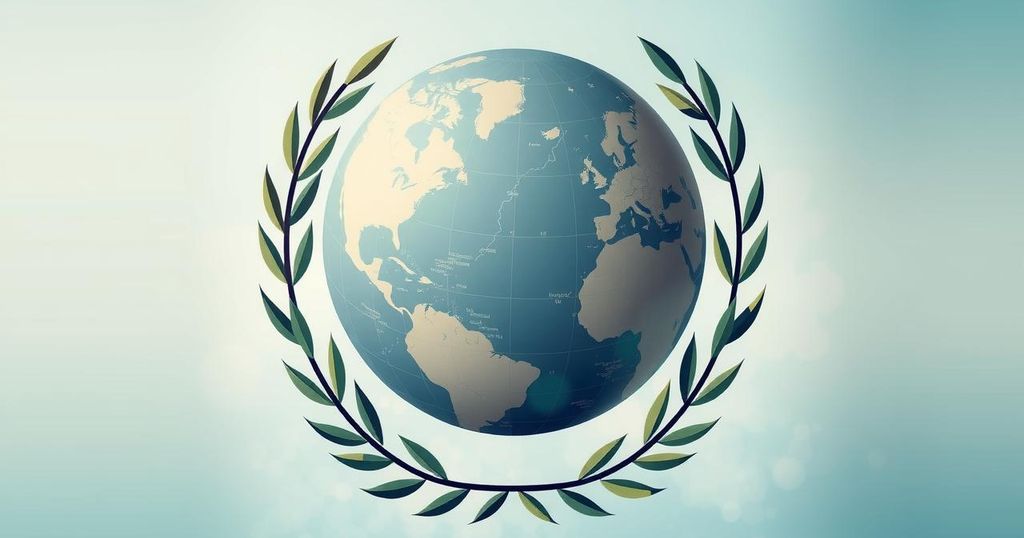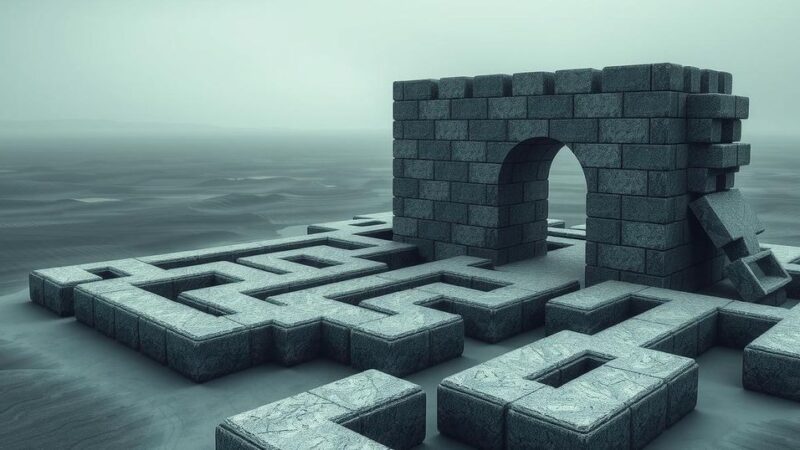U.S. Secretary of State Marco Rubio has decided to skip the G20 talks in South Africa due to rising tensions over a controversial land expropriation law. The law permits land seizure without compensation under specific conditions, prompting criticism from President Trump, who has threatened to cut aid to South Africa. Rubio’s decision has been met with concern over potential negative impacts on U.S. interests and security.
United States Secretary of State Marco Rubio has announced he will not attend the upcoming Group of 20 (G20) talks in South Africa due to rising tensions between the United States and South Africa over a contentious land expropriation law. Rubio’s decision follows President Donald Trump’s threats to reduce aid to South Africa in response to this legislation, which allows for the seizure of land without compensation under specific circumstances.
The G20 meeting, set to take place on February 20-21 in Johannesburg, will be presided over by South Africa until November 2025. Rubio voiced his criticism of South Africa’s actions on social media, stating, “South Africa is doing very bad things. Expropriating private property… My job is to advance America’s national interests, not waste taxpayer money or coddle anti-Americanism.”
Critics of the Trump administration have expressed concern over Rubio’s choice, suggesting that it may weaken national security. Andrew Bates, a former White House press official, warned that avoiding significant discussions undermines America’s position, stating, “If you’re not at the table, you’re on the menu.”
Ian Chong, an associate professor at the National University of Singapore, noted that Rubio’s decision reflects a broader Republican skepticism towards multilateral institutions observed during the Trump era. This attitude has been demonstrated by previous U.S. withdrawals from significant accords such as the Paris Climate Agreement.
In a recent statement, Trump accused President Cyril Ramaphosa’s administration of land confiscation and mismanagement, leading to South Africa’s rebuttal. Ramaphosa emphasized the law’s purpose of promoting equitable land access as a necessary measure to address inequalities rooted in apartheid.
The Democratic Alliance, South Africa’s primary opposition party, has opposed the law, cautioning against its potential implications for property rights and foreign investment. Nonetheless, they have also highlighted the risks associated with Trump’s threats to withdraw aid, citing misconceptions regarding arbitrary land seizure.
Land ownership remains a contentious issue in South Africa, characterized by historical injustices that continue to affect property distribution today. Despite Black South Africans comprising more than 80 percent of the population, they hold a mere 4 percent of privately owned farmland, reflecting the enduring legacy of colonialism and apartheid.
Trump’s administration has halted most foreign assistance, with the U.S. having allocated approximately $440 million in aid to South Africa in 2023. The ongoing tensions over land reform and aid highlight the complexities of U.S.-South African relations amidst a changing global landscape.
The article discusses the diplomatic tensions between the United States and South Africa revolving around a new land expropriation law in South Africa. This law allows for the seizure of land without compensation under certain conditions, aimed at addressing historical land ownership disparities stemming from apartheid. The U.S. Secretary of State, Marco Rubio, has chosen to boycott an upcoming G20 meeting in light of these tensions, reflecting both national interests and a broader skepticism regarding multilateral engagements.
In summary, Marco Rubio’s decision to forgo attendance at the G20 meeting exemplifies the escalating diplomatic strains between the United States and South Africa concerning land reform. Critics argue that abstaining from dialogue could endanger U.S. interests and security while South Africa defends the legislation as a means of rectifying historical injustices. The complexities surrounding land ownership and aid further complicate this relationship, demonstrating the intricate dynamics of international diplomacy in the Trump era.
Original Source: www.aljazeera.com






